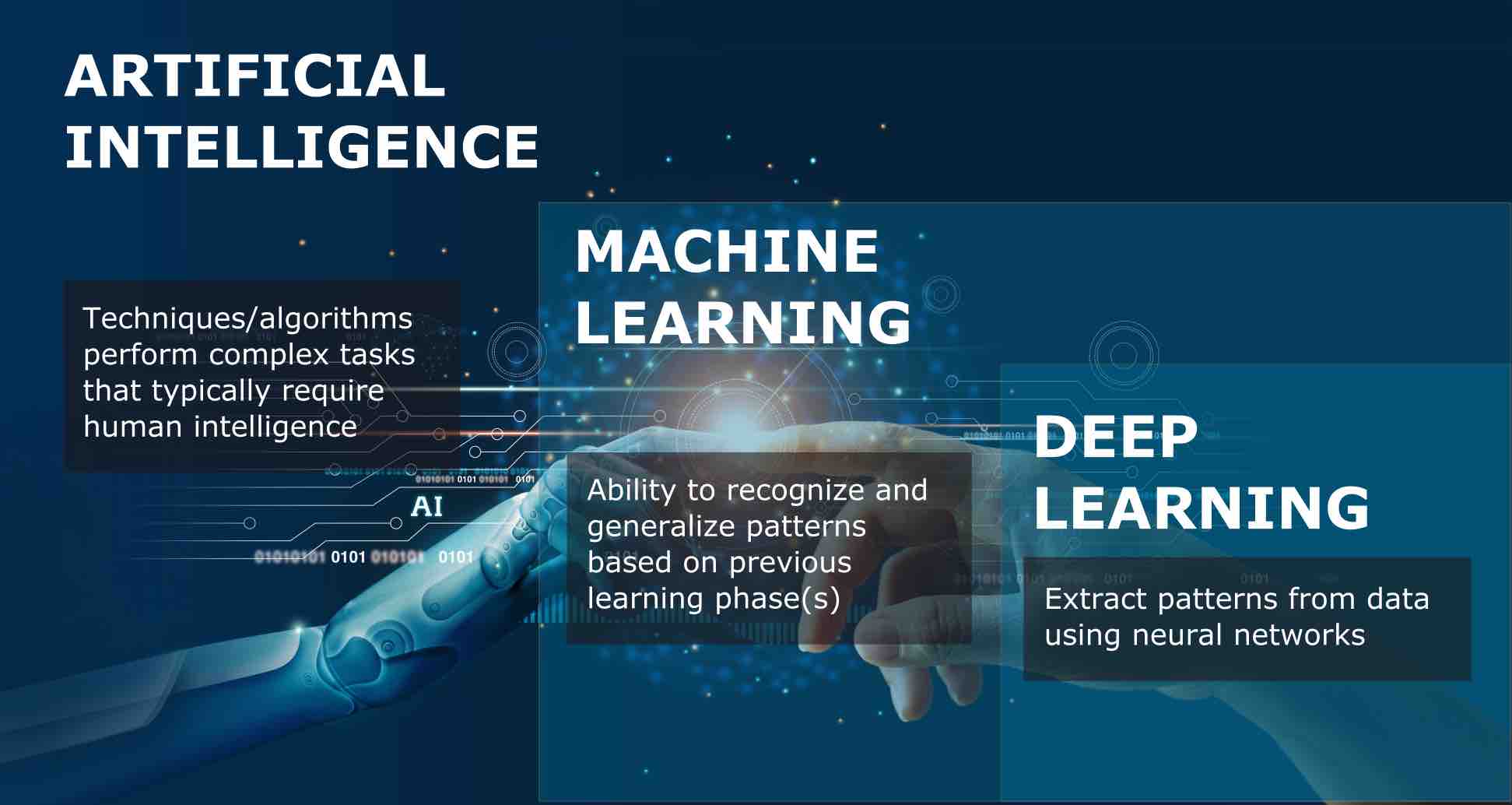|
Projects by de.NBI members using Artificial Intelligence
|
|---|
| Modelling & Phenotyping |
|
Cardiovascular risk modelling
|
R. Eils, HiDiH Berlin
|
HD-HuB |
| Deep Learning for Analyzing Microscopy Images and Cellular Phenotyping |
K. Rohr, Heidelberg University |
HD-HuB |
| Identification of new antimicrobial resistance targets by high-throughput deep learning |
A. Goesmann, Justus Liebig University Gießen |
BiGi |
| Omni-genetic phenotype models |
R. Eils, HiDiH Berlin |
HD-HuB |
| REmatch – Cloud AI for drug discovery |
M. Boutros, DKFZ Heidelberg |
HD-HuB |
| Omics & meta-analysis |
|
Competing Endogenous RNA Networks in Colorectal Cancer
|
P. Stadler, Leipzig University
|
RBC |
| Continuous Integration of RNAz, a bioinformatical research software for de novo detection of stable, conserved and functional noncoding RNAs in comparative genomics data |
P. Stadler, Leipzig University |
RBC |
|
DeePSIVal - Deep Learning approach to validation of spectrum identifications
|
D. Benndorf, Max Planck Institute for Dynamics of Complex Technical Systems, Magdeburg |
BiGi |
| DeProVIDEO - Deep Learning for Protein Variants Detection |
M. Eisenacher, Ruhr University Bochum |
BioInfra.Prot |
| LAMarCK - LongitudinAl Multiomics Characterization of disease using prior Knowledge |
Groups of Zeller, Saez-Rodriguez, Schlesner, Bork, Korbel |
HD-HuB |
| Long non-coding RNAs in animals and plants |
P. Stadler, Leipzig University |
RBC |
| Machine learning-based classification of lncRNAs as ncRNA host genes |
P. Stadler, Leipzig University |
RBC |
| Machine learning-based hierarchical taxonomic classification of prokaryotic genes and genomes using STAG |
G. Zeller, EMBL Heidelberg |
HD-HuB |
| Machine learning in translational (single-cell) omics |
University Hospital Tübingen, University Tübingen |
CiBi |
| SIAMCAT – a machine learning toolbox that enables microbiome meta-analysis and cross-disease comparison |
G. Zeller, P. Bork, EMBL Heidelberg |
HD-HuB |
| Database & Support |
| Development of an integrated, deep learning-based system to support the curation of biomedical databases |
W. Müller, Heidelberg Institute for Theoretical Studies, Heidelberg |
de.NBI-SysBio |
| Open Medical data |
R. Eils, HiDiH Berlin |
HD-HuB |
| Scalable Curation and Genome Function Prediction by the aid of Artificial Intelligence |
J. Overmann, Leibniz Institut DSMZ, Braunschweig |
BioData |
| The Hessian Center for Artificial Intelligence |
A. Goesmann, Justus Liebig University Gießen |
BiGi |
| Tool recommender system in Galaxy using deep learning |
R. Backofen, University of Freiburg |
RBC |


